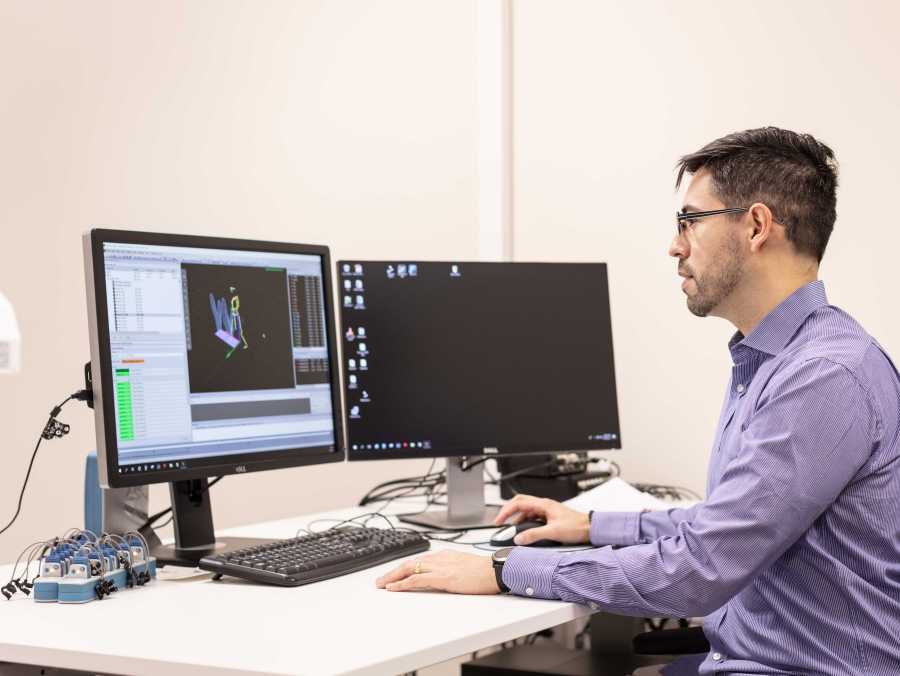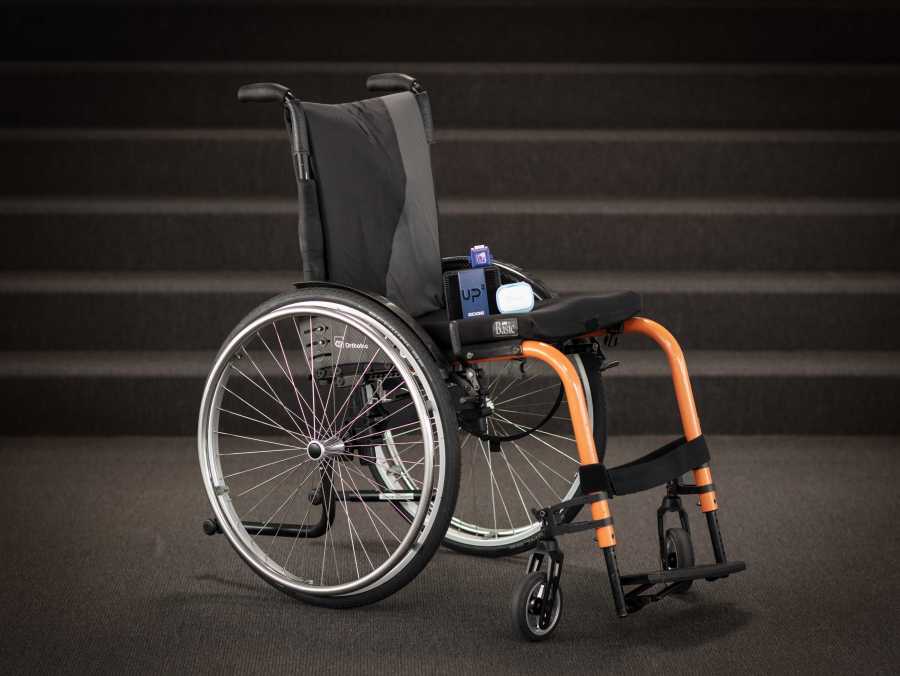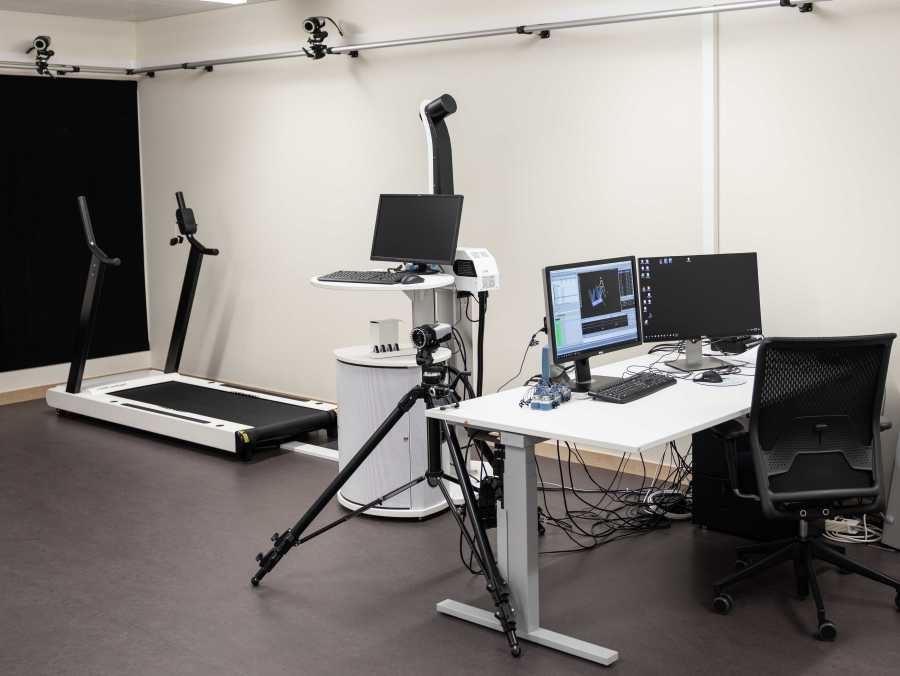The Project
The research group at SCAI Lab founded through the Swiss Paraplegic Foundation aims to identify various common functional disorders and diseases at an early stage by employing intelligent data collection and analysis of large multimodal and heterogeneous data.
Mission
Improve the long-term prognosis post-Spinal Cord Injury through continuous health care monitoring and data-based modelling.
Vision
Achieve highly reliable data processing and modelling for personalized predictive systems in medicine and rehabilitation through a system of integrated patient-caregiver-clinician-machine interaction closing the loop of continued life-long health support for SCI individuals.
Research
Our research focuses on wearable sensing technology for improving health care in outpatient life applied to chronic Spinal Cord Injury (SCI). We aim at identifying direct and indirect digital biomarkers leveraging advanced machine learning and statistical inference. Hereafter, enhancing the clinical decision-making process and enabling new interventional strategies for inpatient and outpatient life in chronic conditions.
In this process, we aim to produce high-quality data and automated analysis through a system of integrated patient-caregiver-clinician-machine interaction, closing the loop of continued life-long health support for SCI individuals.
This will result in a digital twins model that combines clinical and remote sensing technology for the estimation of disease onset likelihood through data-backed predictive systems.
Funding
Founded in 2022 by the ETH-SPS Digital Transformation in Personalized Health Care for SCI, enabled by the RESC-ETHZ. The long-term goal is to create a “continuum of care” that enables personalised and cost-effective health care support in SCI. The project will strive to improve the functioning of SCI individuals in daily life. The project is scheduled to last at least 10 years.
The location of the ETH laboratory on the Nottwil campus of the SPZ offers optimal opportunities for interaction between patients, clinicians, and scientists.
The laboratory will be run by Dr Diego Paez-Granados, and the project will also be supervised from the ETH Zurich side by Professor Robert Riener while the contact person at the Swiss Paraplegic Centre is Professor Jürgen Pannek.
The group has been formally integrated into the Swiss Paraplegic Research Institute, as the "Digital Health Care and Rehabilitation" unit.





